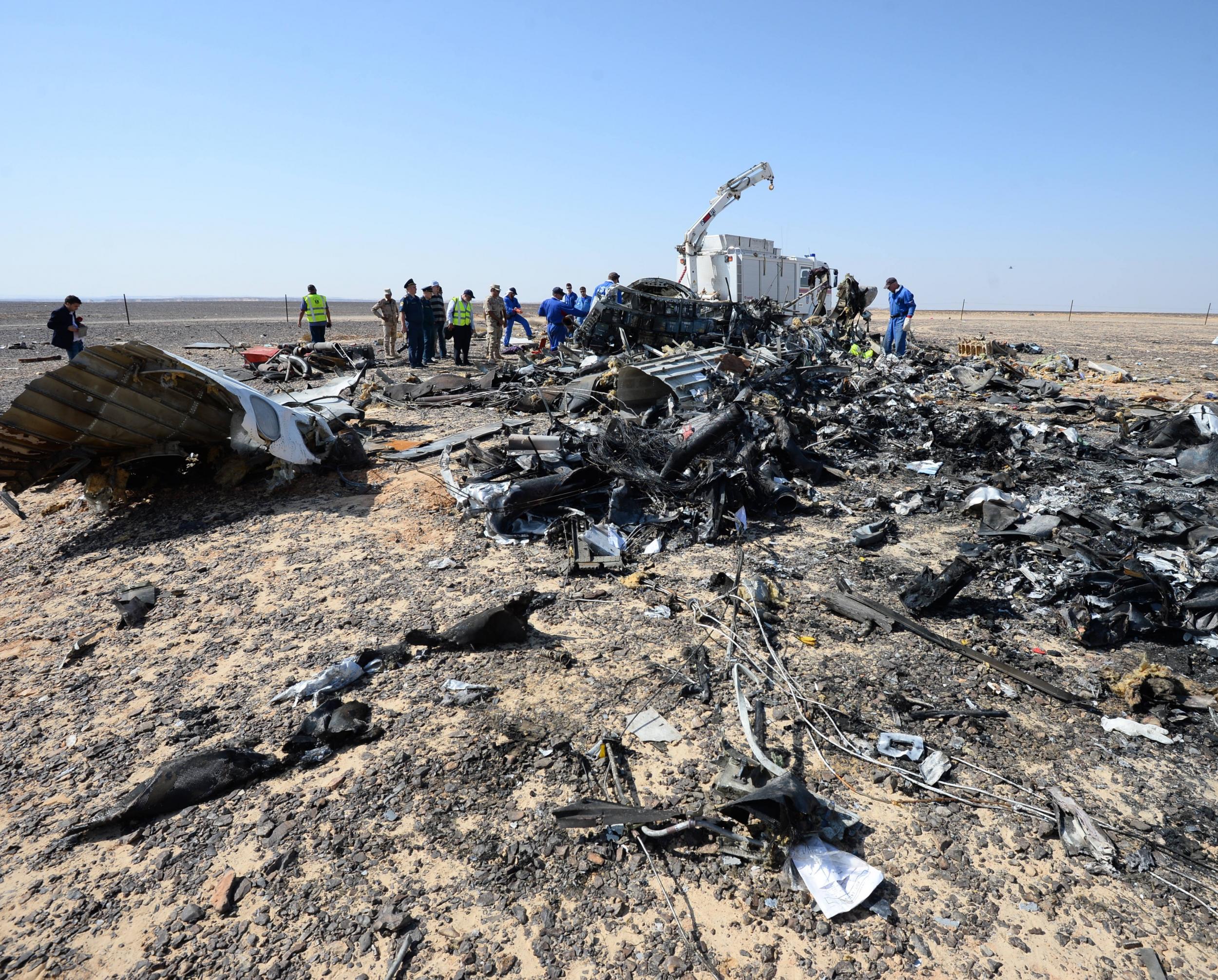The Only Way is Ethics: With facts on the Sinai crash hard to come by, journalists have a right to set out theories
Papers get things wrong much less often than may be popularly believed


Established media outlets hold themselves out as trustworthy sources of information. It is how we often seek to distinguish ourselves from upstart, online news providers: old, trusted brands against the Wild West of the internet.
There may be something in that, but the distinction is increasingly blurred, not least because journalism often relies on the internet as a source of information. The notion is also damaged every time a major newspaper or broadcaster gets something wrong, or when journalistic speculation is shown to be wide of the mark.
Indeed, in one poll a couple of years ago, only 7 per cent of respondents said they trusted journalists. The phone-hacking scandal hardly helped, but it is questions over the accuracy of published material that seem to lie at the heart of the public’s scepticism.
Newspapers actually get things wrong much less frequently than may be popularly believed; and we endeavour to correct the record whenever errors are made. But what about those occasions when the truth of a story is simply not known? How much should journalists speculate beyond the established facts?
Last week’s air disaster over Sinai was – and is – a major news story, commanding front-page attention from the outset. But, naturally, the question at the forefront of everyone’s mind was: what had caused the crash? By Monday, two days after the tragedy, speculation was mounting that terrorism might be blame. The Independent quoted a security expert who suggested that the nature of the plane’s disintegration was indicative of a bomb exploding on board. At that stage, both Egyptian and Russian authorities were pouring cold water on such an idea – both governments had good reason to hope that terrorism was not to blame.
As the week went on, with British flights cancelled on security grounds and other countries following suit, it started to appear that the bomb theory was probably right, although absolute certainty remains elusive. Even so, that early speculation by the media looks as if it will be proved correct.
Yet what if the black box had shown pilot error or a mechanical breakdown? Typical, readers might have thought, the media jumps to a sensational conclusion and gets it wrong. These journalists just can’t be trusted.
That, however, is utterly illogical. The media doesn’t exist in a bubble: it is entirely legitimate for journalists, in seeking the truth, to set out possible theories expounded by experts. There are two provisos, perhaps. First, we should beware of theories that are irresponsible or outlandish. Second, we should explain clearly the basis for the speculation and should not confuse conjecture with fact.
No need to show ‘false balance’
A reader was unhappy about a comment piece that appeared on The Independent’s website last week and which set out the author’s views about “poppy hijabs”.
Our glum reader considered the piece to be too “pro-Islam” and suggested we should allow someone to write something negative about the religion.
This taps into a perennial complaint: that if we give a platform to one opinion, we should be obliged to give voice to the counter position. Sometimes there is merit in doing so. However, there is such a thing as “false balance” – when two opposing positions are given equivalent weighting, despite one being extreme or absurd. Free speech is a wonderful thing, but it doesn’t mean that every opinion was created equal.
Will Gore is the Deputy Managing Editor of ‘The Independent’ and the ‘London Evening Standard’

Join our commenting forum
Join thought-provoking conversations, follow other Independent readers and see their replies